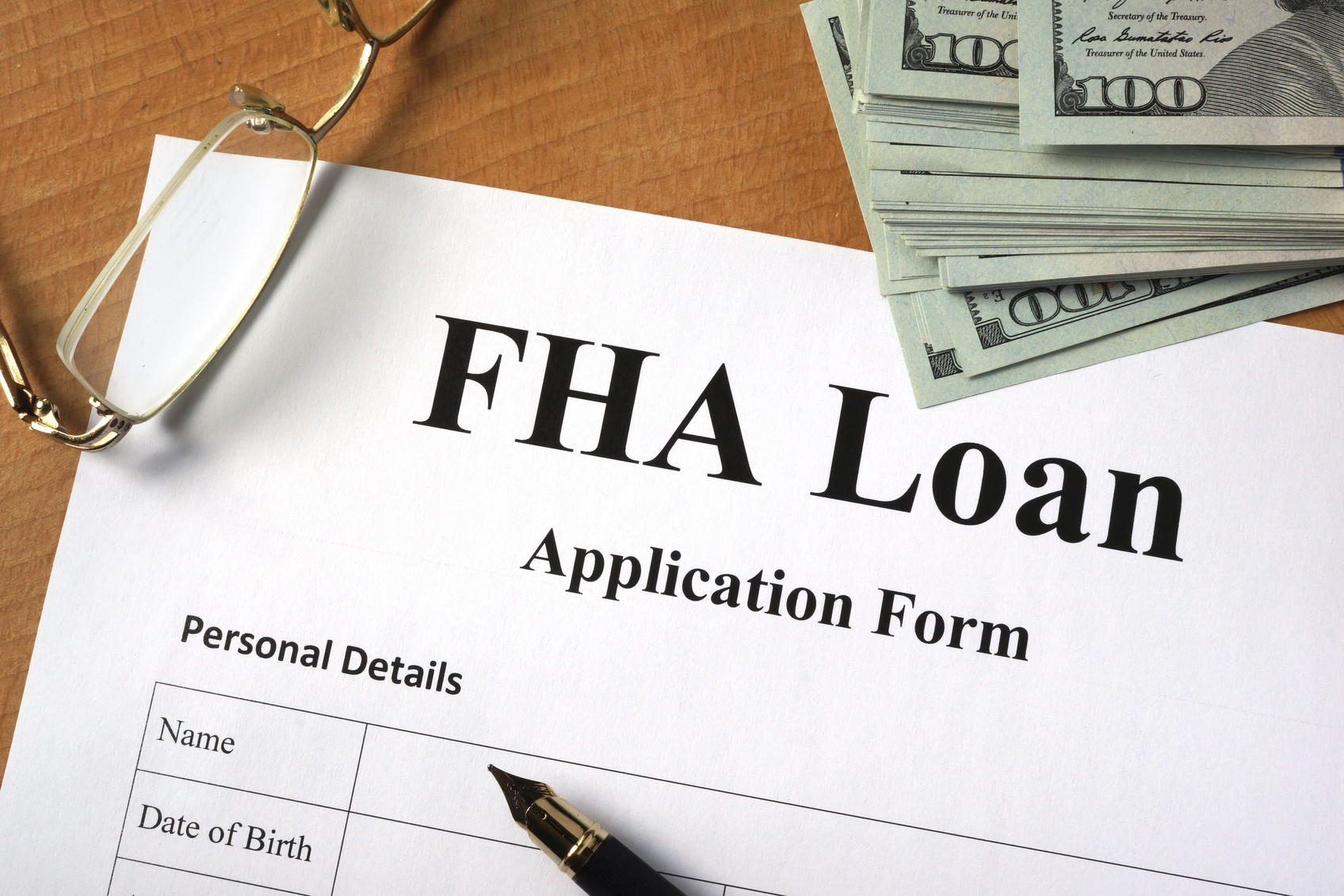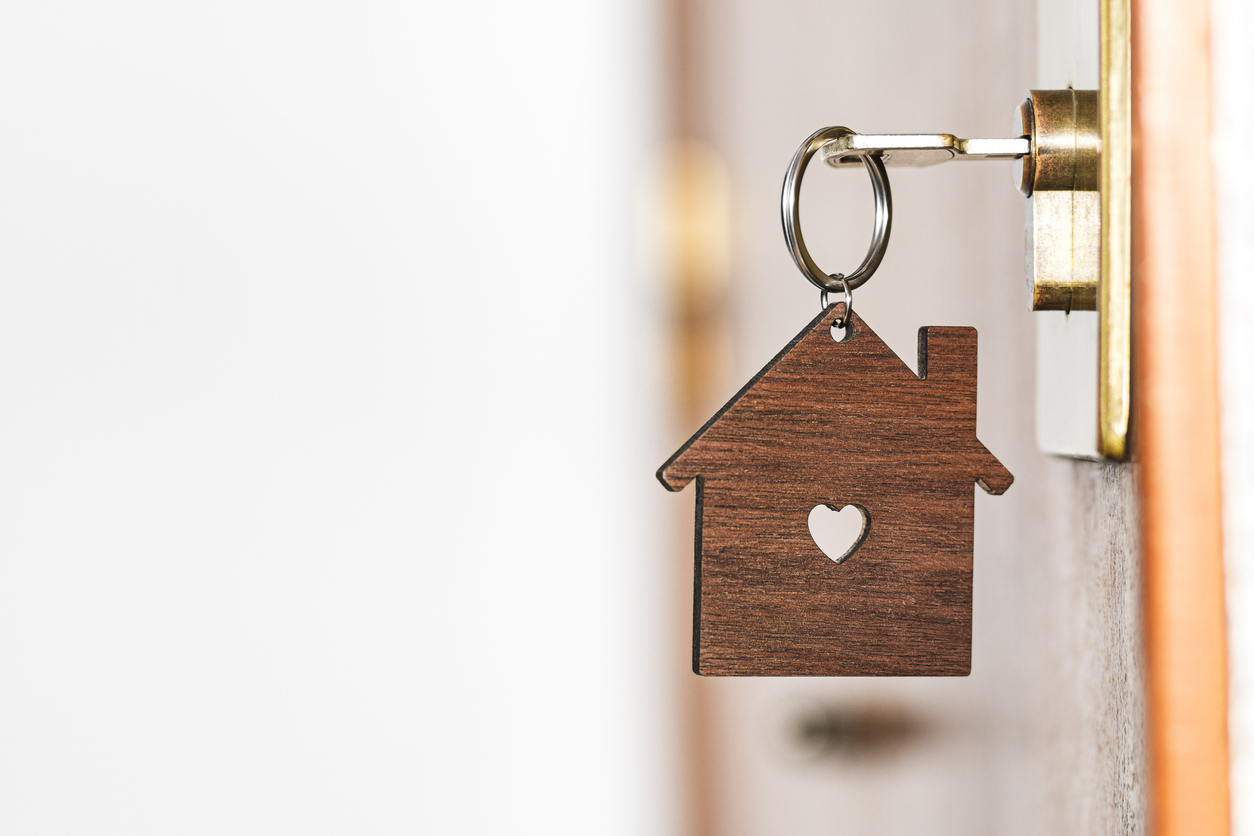The FHA loan program is a popular choice for first-time homebuyers due to its relatively lenient credit requirements and low down payment options. However, many homeowners don’t realize they can take out FHA loan for a second home if they meet the requirements.
Many first-time homebuyers opt for an FHA loan due to its lower credit score and down payment requirements. Naturally, when they need to purchase a second home, their instinct is to consider financing with a second FHA loan
How to Get an FHA Loan on a Second Home or Vacation Property
Smart Lending published this article to explore the guidelines, eligibility requirements, and exceptions related to securing an FHA loan for a second home.
For borrowers who meet one of the exceptions outlined above, the next step is to satisfy the financial eligibility requirements for a second FHA loan. FHA approved lenders will evaluate the borrower’s ability to afford monthly payments, especially for a second mortgage, when determining qualification. FHA loans can allow for a debt-to-income ratio , aka DTI up to 50%, meaning that half of a borrower’s income can go toward debt payments. However, FHA mortgage lenders may prefer a lower DTI of 43%, considering the cost of both mortgages, to approve a second FHA loan.
Borrowers must also meet the FHA loan credit score criteria, which will determine whether they need to put down 3.5% or 10%. In addition to the down payment, FHA mortgage lenders will consider the borrower’s savings for covering closing costs and monthly payments. Keep in mind this is not a zero down home loan. FHA requires at least a 3.5% down-payment.
Understanding FHA Loans
FHA loans are insured by the Federal Housing Administration and issued by approved lenders. FHA home financing was created to help borrowers with moderate incomes and lower credit scores to purchase homes. The primary benefits of an FHA loan include:
- Lower down payment requirements (as low as 3.5% for qualified borrowers).
- More flexible credit score requirements.
- Competitive interest rates.
However, the FHA imposes specific guidelines to ensure that these FHA loans are used for their intended purpose of promoting homeownership, particularly for those who might not qualify for conventional financing.
Primary Residence Requirement
One of the key stipulations of an FHA loan is that it must be used for a primary residence. This means that the borrower must intend to occupy the property as their main home. The FHA enforces this rule to prevent borrowers from using the program to purchase investment properties or vacation homes, which could undermine the goal of promoting affordable housing for those in need. Find out how to buy land with an FHA loan.
Can You Get an FHA Loan for a Second Home?
While the FHA primarily focuses on primary residences, there are certain circumstances under which you might be able to secure an FHA loan for a second home. These situations typically involve specific exceptions to the standard rules:
- Relocation
- If you are relocating to a new area that is beyond a reasonable commuting distance from your current home, you may be eligible for an FHA loan on a second home. This exception applies if your job requires you to move, and you need a new primary residence in the new location.
- Increase in Family Size
- If your family size has increased significantly, and your current home no longer meets your needs, you might qualify for an FHA loan for a second home. You will need to provide evidence that your current home is inadequate to accommodate your family.
- Separation or Divorce
- In the case of a separation or divorce, one party may remain in the original home while the other may need to purchase a new primary residence. The FHA allows for this exception to facilitate the transition for both parties involved.
- Non-Occupying Co-Borrower
- If you are a non-occupying co-borrower on an existing FHA loan (e.g., you co-signed a loan for a family member), you may still be eligible to obtain your own FHA loan for a primary residence.
Guidelines for FHA Loan Approval on a Second Home
To qualify for an FHA loan on a second home under the exceptions mentioned above, you must meet specific guidelines and provide documentation to support your case. Here are the general steps and requirements:
- Meet Standard FHA Requirements
- Even if you are applying for a second home, you must meet the standard FHA requirements, including credit score, debt-to-income ratio, and employment history. Typically, a minimum credit score of 580 is required for the 3.5% down payment option, and a higher score may be needed for better terms.
- Prove the Need for a Second Home
- You will need to provide documentation to justify the need for a second home. This might include:
- A letter from your employer confirming your job relocation.
- Documentation showing the increase in family size, such as birth certificates.
- Legal documents related to separation or divorce.
- Evidence of non-occupying co-borrower status on an existing FHA loan.
- You will need to provide documentation to justify the need for a second home. This might include:
- Demonstrate Financial Capability
- Lenders will assess your ability to manage multiple mortgages. You will need to demonstrate sufficient income and financial stability to handle the additional mortgage payment without jeopardizing your current obligations.
- Property Eligibility
- The property you intend to purchase must meet FHA property standards. This includes a thorough appraisal to ensure the home is safe, structurally sound, and free of health hazards.
Alternative Options for Financing a Second Home
If you do not qualify for an FHA loan for a second home, there are alternative financing options you can explore:
- Conventional Loans
- Conventional loans do not have the same occupancy restrictions as FHA loans, making them a viable option for purchasing a second home. These loans typically require a higher credit score and a larger down payment compared to FHA loan programs.
- VA Loans
- If you are a veteran or active-duty service member, you may be eligible for a VA loan. VA loans offer favorable terms and do not have the primary residence restriction, allowing for the purchase of a second home under certain conditions.
- USDA Loans
- USDA loans are available for rural properties and can be used for primary residences. While they are not typically used for second homes, they may be an option if you are relocating to a rural area.
- Home Equity Loan or HELOC
- If you have significant equity in your current home, you might consider taking out a home equity loan or a home equity line of credit to finance the purchase of a second home. Find out how long it takes to get a home equity loan. These 2nd-mortgage options allow you to leverage the equity in your existing property.
- Jumbo Loans
- If the value of the second home exceeds the conforming loan limits, a jumbo loan might be necessary. Jumbo loans are designed for high-value properties and have stricter credit and down payment requirements.
Pros and Cons of Using an FHA Loan for a Second Home
Pros:
- Lower Down Payment: FHA loans typically require a lower down payment compared to conventional loans, making homeownership more accessible.
- Flexible Credit Requirements: Borrowers with lower credit scores may still qualify for an FHA loan, which can be beneficial if you have less-than-perfect credit.
- Competitive Interest Rates: FHA loan options often come with competitive interest rates, potentially saving you money over the life of the loan.
Cons:
- Primary Residence Requirement: The primary residence requirement limits the use of FHA loans for second homes, making it challenging to qualify.
- Mortgage Insurance Premiums (MIP): FHA loans require both upfront and annual mortgage insurance premiums, increasing the overall cost of the loan.
- Property Standards: FHA loans have strict property standards, which may limit the selection of homes that qualify.
Summary of FHA Loans on Second Homes
Securing an FHA loan for a second home is possible, but it requires meeting specific exceptions and guidelines set by the Federal Housing Administration. Understanding the primary residence requirement, providing necessary documentation, and demonstrating financial capability are essential steps in the process. If you do not qualify for an FHA loan, exploring alternative financing options like conventional loans, VA loans, or home equity loans can help you achieve your goal of owning a second home.
Before making a decision, it is crucial to consult with a mortgage professional who can guide you through the process and help you find the best financing solution for your unique situation. With the right preparation and knowledge, you can successfully navigate the complexities of obtaining a home loan for a second property.
Smart Lending can help you connect with approved FHA lenders so you can compare rates, terms, closing costs and monthly payments when you are ready.



